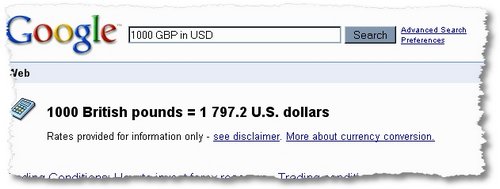A recent report in Taiwan underlined how often personal and private information is often traded for less than $10 per name. In another recent story from the New York Times, a very successful businessman was systematically defrauded of $100,000 over a long period of time.
Identity theft is a serious and growing crime that inflicts serious damage on over 9 million people a year in the US alone. Identity theft can be placed on a par with break-in and robbery of an individual’s home in terms of psychological effects. The financial ramifications can be far more serious than the common burglary.
Identity theft involves the illegal use of a real person’s identity and financial standing to benefit an unscrupulous criminal. The Federal Trade Commission in the US says that over 40% of all complaints it receives relate the stolen personal and financial information.
Identity thieves use another person’s identity, to obtain credit in the form of credit cards, mortgages, store cards and every other conceivable line of credit. The average victim loses out to the June of over $6,000; some victims suffer much larger losses.
Financial identity theft is the act of stealing another person’s financial information such as bank records. This information is then used to obtain lines of credit and loans. They can also aid the criminal in obtaining forged checks, enabling them to raid the victims checking and savings accounts.
Identity cloning is slightly different in that it involves the duplication of the owner’s personal identity. The thief will then use the victim’s id to open bank accounts and lines of credit cards and mortgages. They may keep the assumed identity for long periods of time.
The thieves find their information through a multitude of ways including computer fraud. This can involve impersonating a large company or bank and asking the victim to sign in using their password to resolve some perceived problem with their account.
Less high-tech means of gaining information include rifling through trash to find credit card statements and other basic information gained from financial and non-financial correspondence.
To protect itself from these unscrupulous individuals and criminal gangs members of the public need to be constantly vigilant while online, avoiding giving away even minor personal information, as well as make sure that your computer isn’t infected by spyware or other vile forms of ~ware.
Shopping online, with companies that are not well known, is one particularly well exploited avenue for of obtaining all the information and ID thief needs.
Antivirus and firewall protection, combined with what is known as anti-phishing software and essential tools on all home computers.
To avoid ‘dumpster diving’ credit cards and other financial statements should be shredded before disposal. Credit cards and bank statements should be carefully checked for strange purchasers and other inconsistencies.
Any credit offer coming to the house in the form of junk mail should also be shredded as they often contain vital financial information. Within the home, personal and financial information should be hidden and safeguarded as if it were cash, and not just left out on the kitchen table.
Mail should be retrieved from the mail box as soon as possible to avoid theft of useful information. Unless you are very familiar with the company no credit card information, should have been given out over the phone.
Prevention is the best way to avoid this kind of crime: you should take as much care of your personal information as possible. Other times, though, vigilance may be your best bet to catch any wayward transactions.
